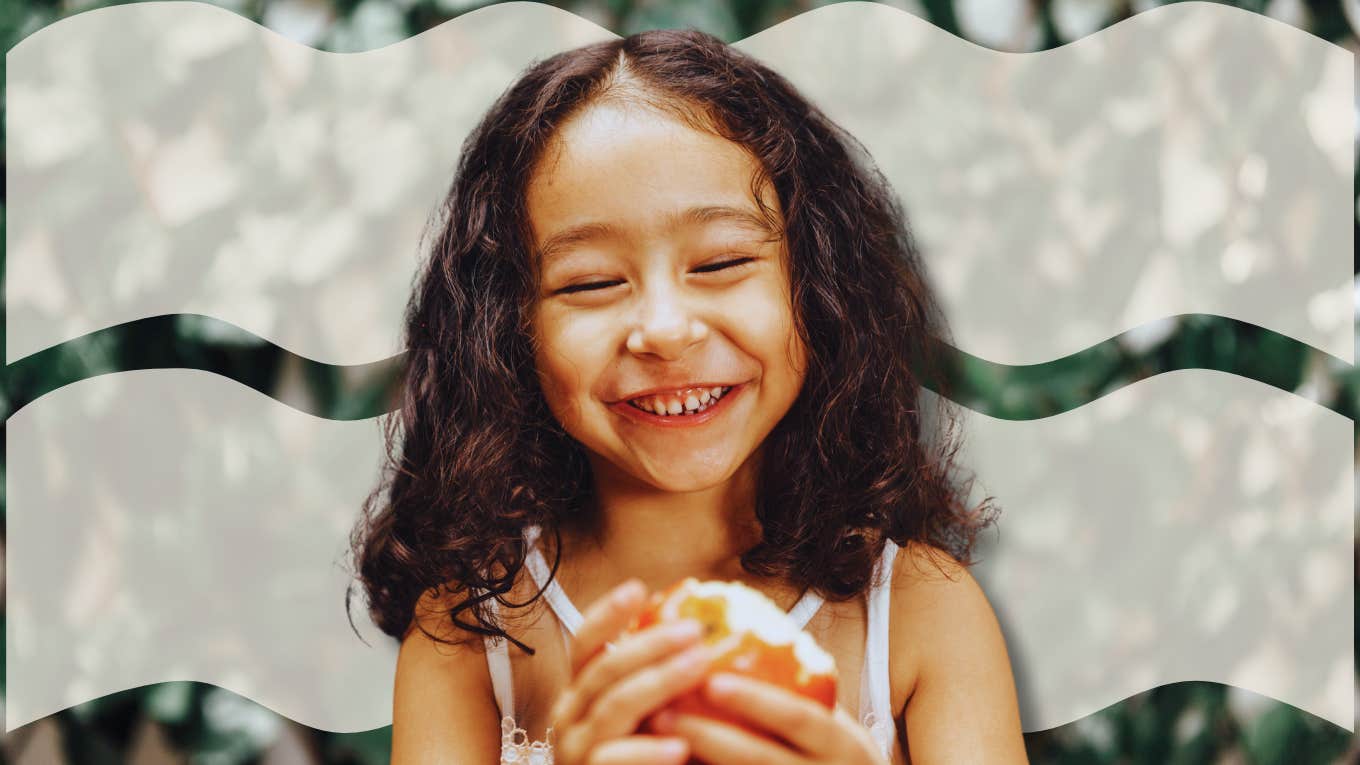7 Ways To Teach Kids To Be Grateful, According To Experts
Learning gratitude can be a fun game once you know how to make it happen.
 cometary | Canva
cometary | Canva As a parent, it can be tempting to spoil our kids, especially around the holidays and their birthdays. And while it's okay to regale them with gifts every so often, they must learn to appreciate what they have. With that in mind, here are some tips to help you teach your kids the importance of gratitude:
Seven expert-approved ways to teach kids to be grateful
1. Model gratitude for your children.
Your children can easily see if you are thankful for the things that come into your life and whether you share that thanks with the people who bring things into your life. When you model gratitude, you reinforce the behavior and its importance.
2. Introduce gratitude as a game.
Focusing on small things, play a game where each person shares something they are grateful for. You can play this game while in the car by naming things that you see; you can play this game sitting in a waiting room by naming things that start with different letters of the alphabet; you can play this game in so many different ways. By making it a game, you allow your children to learn about all they can be grateful for while not making it too serious.
3. Focus on why we are grateful.
It is one thing to say that we are grateful for a beautiful day, but it is so much deeper to acknowledge we are grateful for the sun shining because it makes us happier. It is one thing to say we are grateful to have someone as our child, but it is so much more significant to acknowledge we are grateful we have a child to bring us joy. Are you grateful simply because of things that happen, or have you made being grateful the core of who you are?
4. Gratefulness should not just be fostered about good things.
If you teach your child to be grateful, don't miss the chance to express gratefulness when things are less rosy. Can you be grateful after a car accident in which no one was hurt? Can you be grateful for a rainy day because crops need the rain?
5. Start simple.
Introducing children to gratitude and expanding their consciousness may begin with teaching children to say 'thank you' for gifts and things others do for them. It may also include saying Grace before meals. We can point out how the vegetables or bread we eat come from seeds planted, nurtured, watered, harvested, packaged, transported, and sold by storekeepers. Our nourishment involves many people who work hard to put food on our tables. Saying grateful words before a meal helps us remember gratitude for all who contribute to our well-being.
6. Make a list.
Writing a gratitude list (or drawing a picture with young children) makes people of any age feel better. I encouraged this exercise with my children as they grew up and with the people in my practice. I have written a daily gratitude list for 20 years.
7. Serve others.
One way to foster gratitude in teens is to take a group to serve at a soup kitchen, help build a home with Habitat for Humanity, or work with a Midnight Run group bringing blankets and food to the unhoused. Kids who are lucky enough to have a home and parents realize not everyone has the same blessings. It can be an eye-opener.
Needs co-author bio

